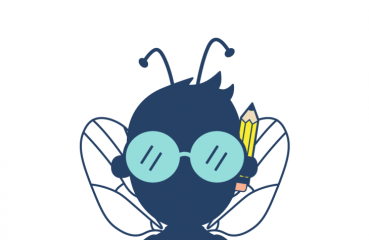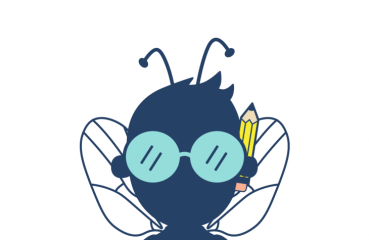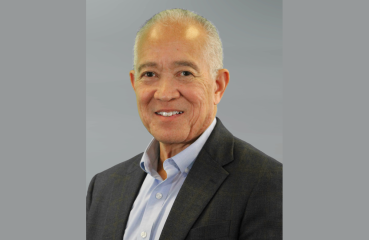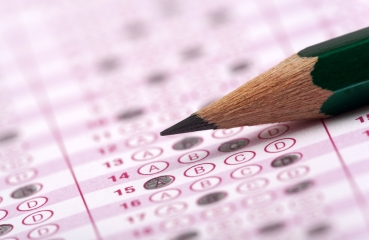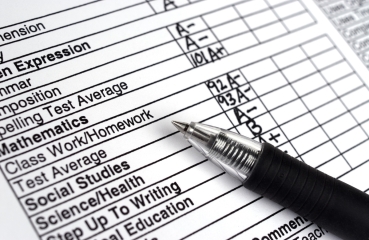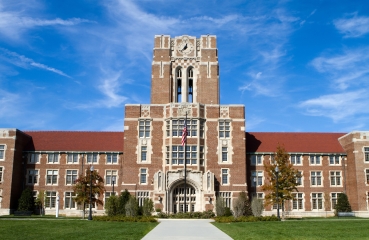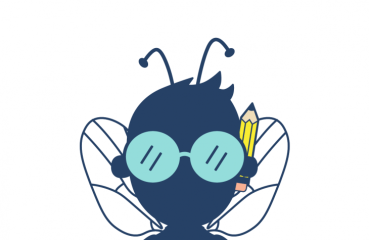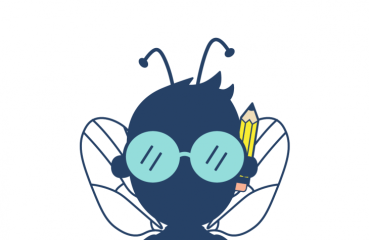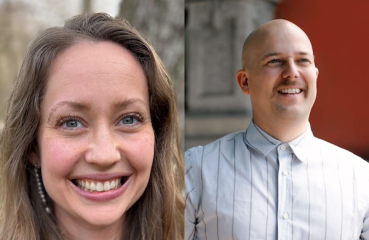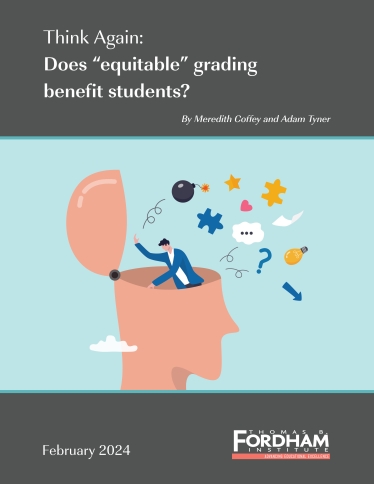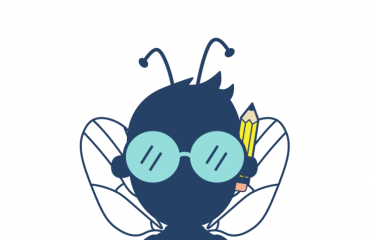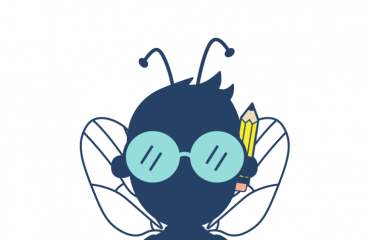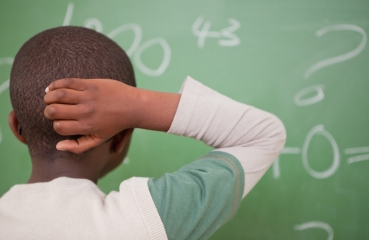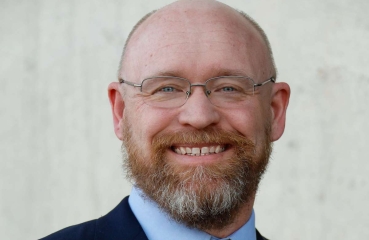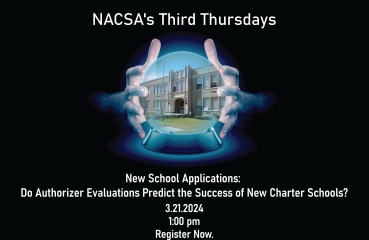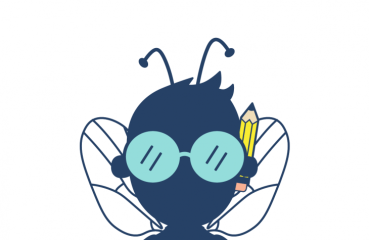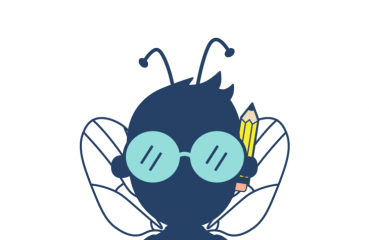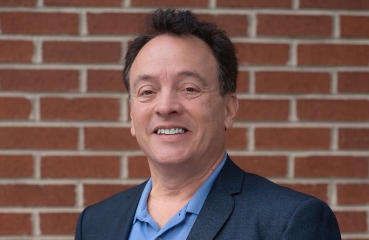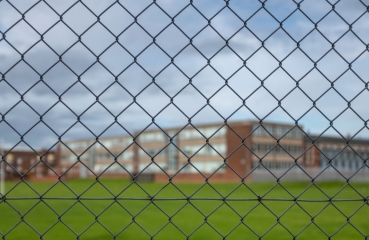What we're reading this week: March 7, 2024
The Education GadflyDue to demographic changes and the democratization of expertise, AI could help rebuild the middle class, not destroy their jobs. —David Autor, Noēma School choice stands to benefit, not harm, rural communities.
#910: Reforming Houston ISD, with Mike Miles
On this week’s Education Gadfly Show podcast, Mike Miles, the superintendent of Houston ISD, joins Mike and David to discuss the reforms he’s impl
The way we set grade-level norms on tests masks pandemic learning loss
Woody PaikThere are, generally speaking, two ways to report students’ performance on tests. One is normative, and it compares a student’s performance to his peers. The second is criterion, and it compares a student’s performance to learning standards, indicating grade-level proficiency and is independent of peers’ test performance.
The hazards of “equity grading”
Meredith Coffey, Ph.D., Adam Tyner, Ph.D.The push for more “equitable” grading policies has exacerbated grade inflation while yielding little evidence of greater learning. Some aspects of traditional grading can indeed perpetuate inequities, but top-down policies that make grading more lenient are not the answer, especially as schools grapple with the academic and behavioral challenges of the post-pandemic era.
Getting education (almost) right
Chester E. Finn, Jr.Rick Hess and Mike McShane have provided the education world with a thoughtful, accessible, perceptive, and—in its way—persuasive book on improving education. Though sub-titled (and marketed as) “a conservative vision,” it’s both more and less than that.
Study outlier teachers to solve the homework gap
Mike GoldsteinMy friend Michael Petrilli just wrote a great essay about the “homework gap.” He sets aside the upper-class question (stressed out kids with too much of it) and steers readers to the gap (some kids do what’s assigned, some kids copy and cheat, and some kids skip it).
ESSER funds are ending. What does this mean for pandemic learning loss?
Elainah ElkinsDistricts have used almost $190 billion in ESSER funds to help students recover from pandemic learning loss by implementing a wide variety of initiatives, including
What we're reading this week: February 29, 2024
The Education GadflyApproximately half of college graduates work jobs that don’t use the skills and knowledge from their degree. —Wall Street Journal A recent Supreme Court action allows schools to consider socioeconomic status, but not race, in admissions decisions.
#909: Rethinking “equitable” grading, with Adam Tyner and Meredith Coffey
On this week’s Education Gadfly Show podcast, Adam Tyner and Meredith Coffey, the national research director and a se
Think Again: Does "equitable" grading benefit students?
Meredith Coffey, Ph.D., Adam Tyner, Ph.D.This policy brief challenges four key ideas that underpin “equity”-motivated trends in grading reforms.
Doing educational equity right: The homework gap
Michael J. PetrilliIf we care about doing educational equity right, we need to call the bluff of those who want to lower expectations for students’ effort “because equity.” Those so-called advocates need to do some of their own homework—and penance—as well.
Horace Mann’s solution to political turmoil in education
Daniel BuckFights over books, an exodus from public schools, politically obsessed adolescents, the need for civics education—Horace Mann predicted it all back in 1848. Thankfully, this education luminary also provided wisdom and insight in the common school era for how we can turn down the culture war heat in modern times.
Education reform is a bipartisan endeavor
Chester E. Finn, Jr.In their FUSION essay “The Past and Future of Education Reform,” drawing heavily on their worthy
Gag order? Or gag reflex?: State laws on teacher speech
Robert PondiscioA new report from PEN America claims that 1.3 million teachers, roughly a third of full-time classroom staff in the United States, are now forced to work under “educational gag orders.” PEN tallies forty pieces of legislation restricting teacher speech across twenty-two states as of November 1, 2023.
What we're reading this week: February 22, 2024
The Education GadflySeemingly positive daily attendance data can mask the realities of chronic absenteeism.
Why schools are failing to narrow excellence gaps in math
Jeff Murray, Brandon L. WrightMarginalized students have long lacked access to advanced education programs in the U.S., compared to more advantaged peers, and have been under-identified and therefore underserved when such programs exist.
#908: The looming expiration of Covid relief funds, with Chad Aldis
On this week’s Education Gadfly Show podcast, Chad Aldis, Fordham’s Vice President of Ohio Policy, joins Mike and David t
NACSA's Third Thursdays // New School Applications: Do Authorizer Evaluations Predict the Success of New Charter Schools?
NACSA is honored to feature the report from the Thomas B.
On teacher housing, is the juice worth the squeeze?
Meredith Coffey, Ph.D.In recent months, housing programs for school teachers have begun to receive high-profile attention. And with good reason: As costs of living have risen, teacher salaries have not kept pace, thereby decreasing some educators’ ability to live near their workplaces. But are such policies actually a good thing? In short: We really don’t know.
Idaho’s charter school law rewrite: Better, not perfect
Terry RyanIdaho’s public charter school law turned twenty-five last year. Over that quarter century, the statute has grown warts. It’s also too complicated, burdened by vestigial code and rules, and confusing to schools, authorizers,[1] and state education agencies alike.
What we're reading this week: February 15, 2024
The Education GadflyForty-four percent of Gen Z men say they had no romantic relationships as teenagers, compared to 32 percent of Millennial men, 23 percent of Gen X men, and 20 percent of Boomer men.
#907: How to do tutoring right, with Alan Safran
On this week’s Education Gadfly Show podcast, Alan Safran, the CEO and co-founder of Saga Education, joins Mike and David to discuss best prac
It’s time to launch a national initiative to create the new American high school
Robin J. LakeThis essay first appeared in an slightly different form as part of the Center on Reinventing Public Education’s 2023 State of the American Student report.
Doing educational equity right: School closures
Michael J. PetrilliShuttering under-enrolled schools is usually seen as a bad thing—for students and for neighborhoods. But that need not be the case. An equitable approach to school closures would commit to placing affected students in higher-performing schools.
A reboot of the Institute of Education Sciences? Time will tell.
Chester E. Finn, Jr.It’s been more than two decades since Congress passed and President Bush (43) signed the Education Sciences Reform Act (ESRA), giving birth to the Institute of Education Sciences (IES) as we know it.
Yes, read old books
Daniel BuckMy students caught me smelling an old book once. While they were silently reading one day, I noticed a tattered book on the shelf. So what did I do? Following deep instincts, I pulled it down, cracked the spine, and breathed deeply. “Mr. Buck, what are you DOING?!” I turned around to find the whole class staring at me.
